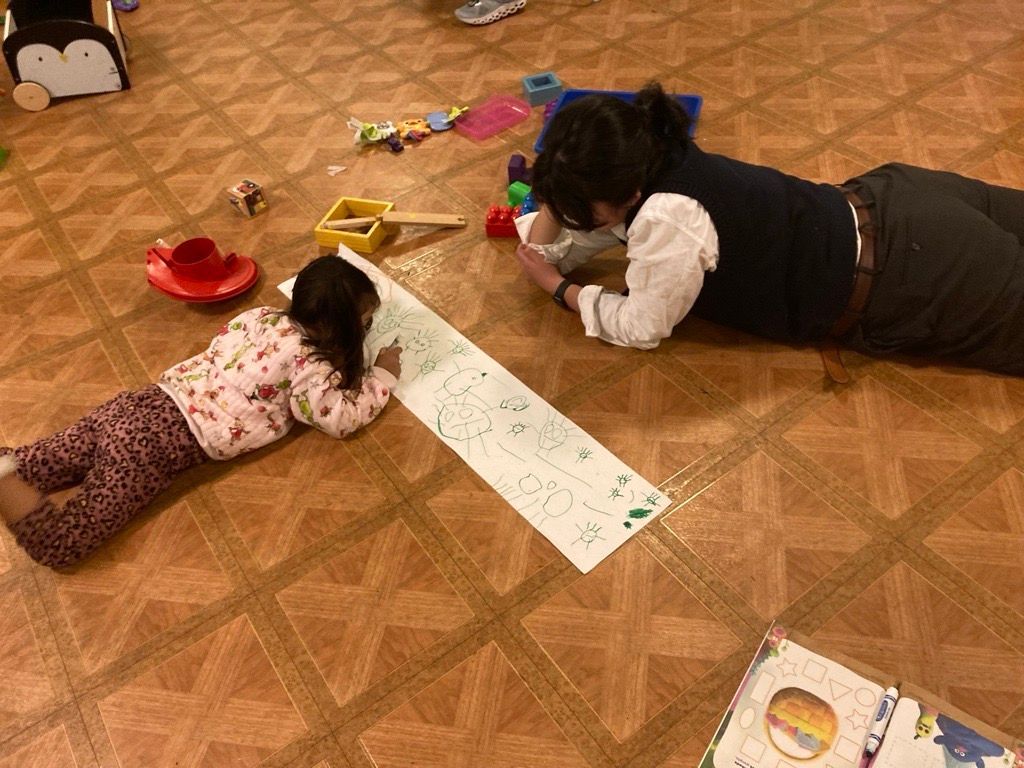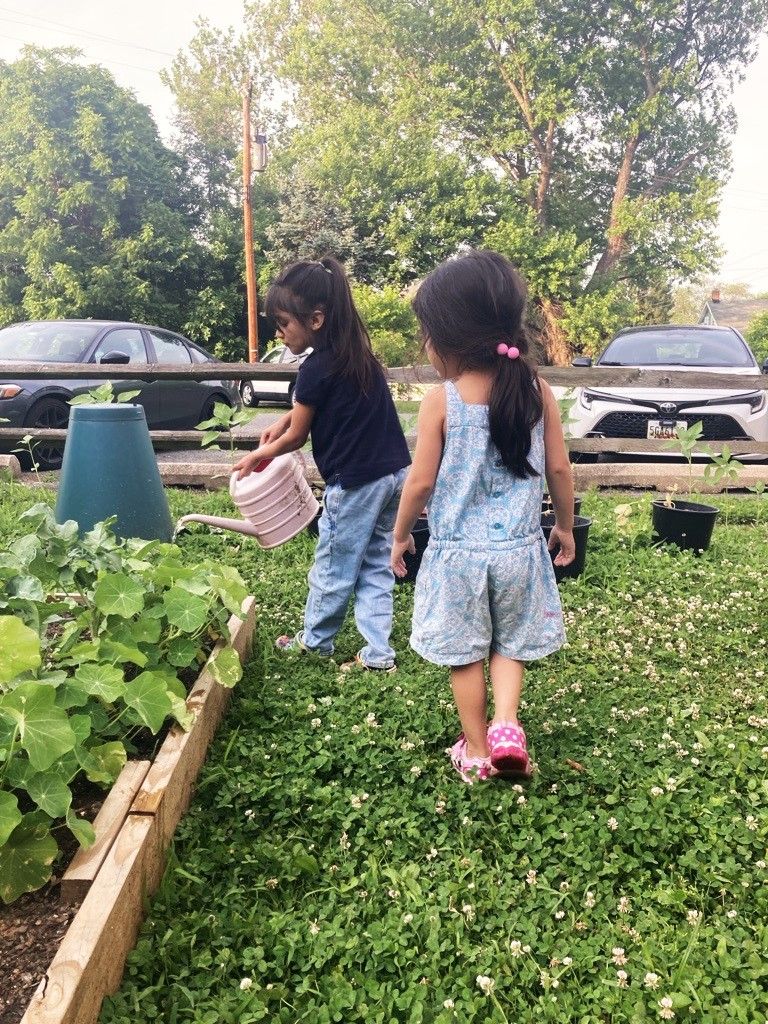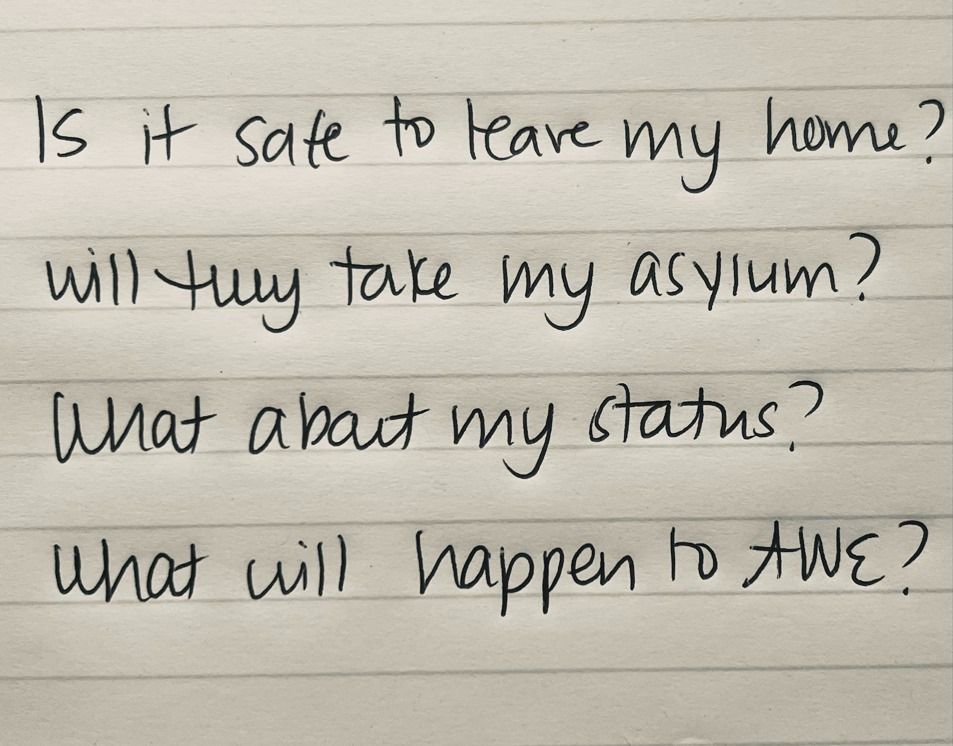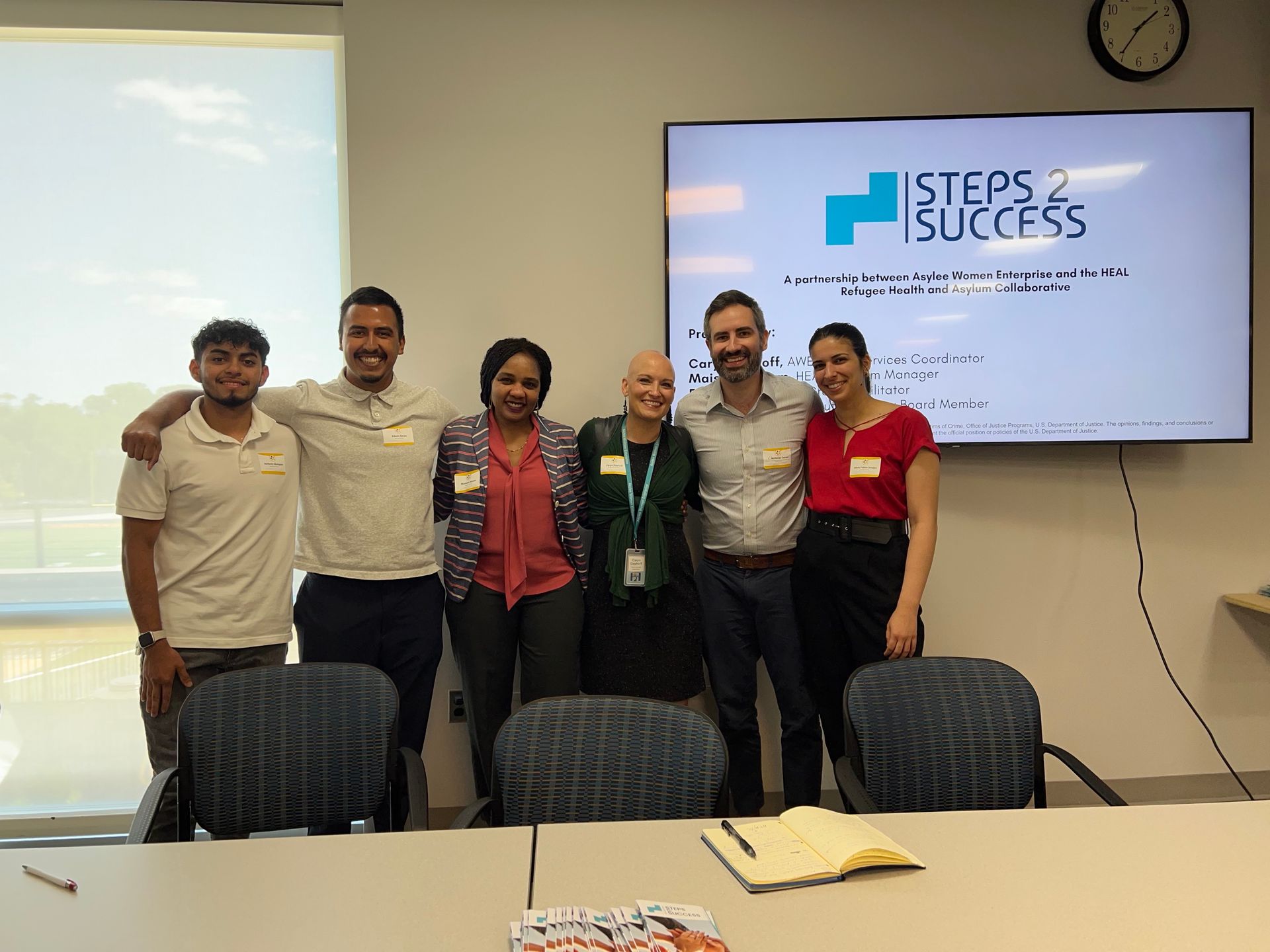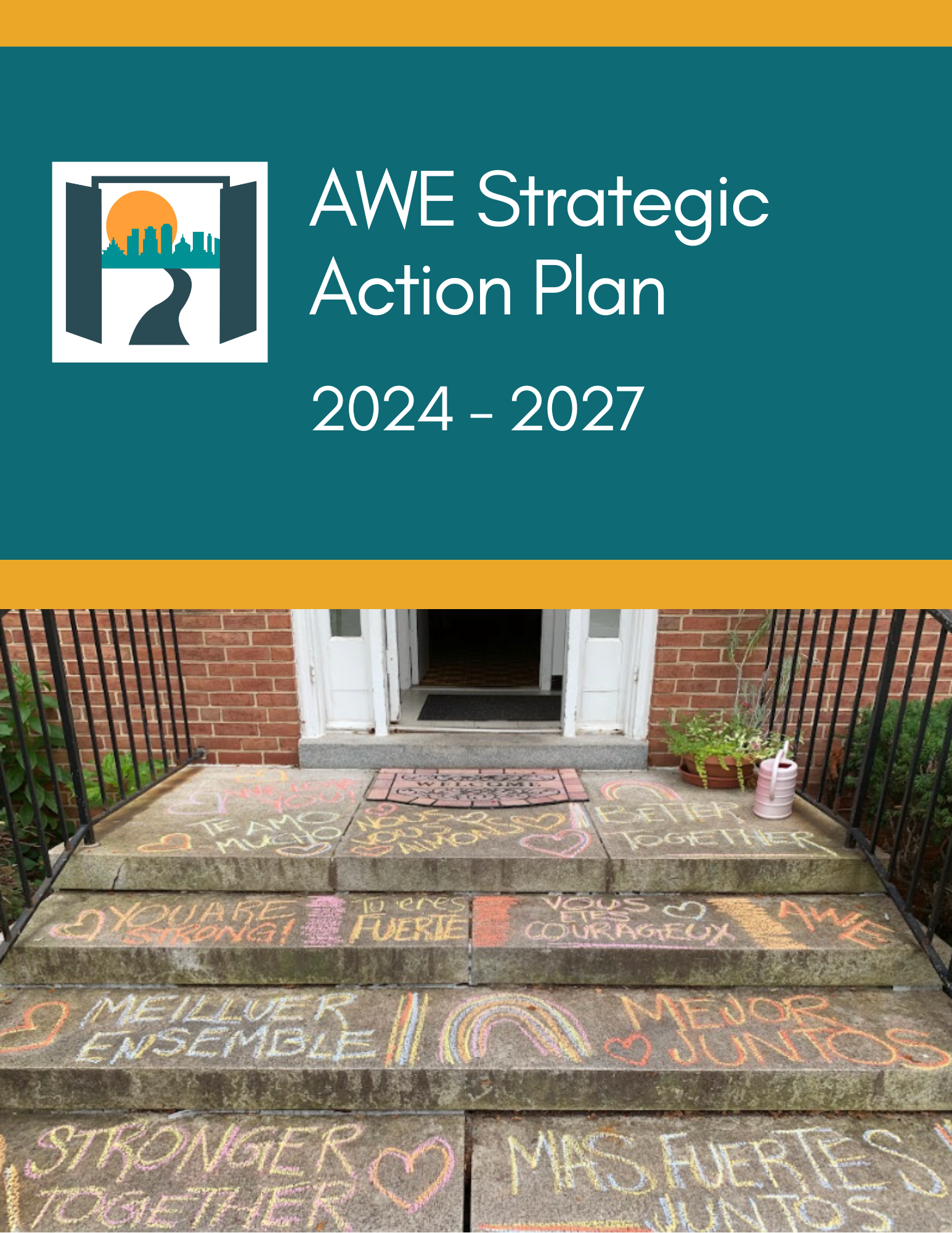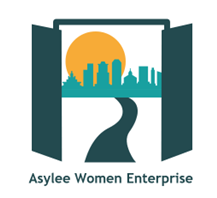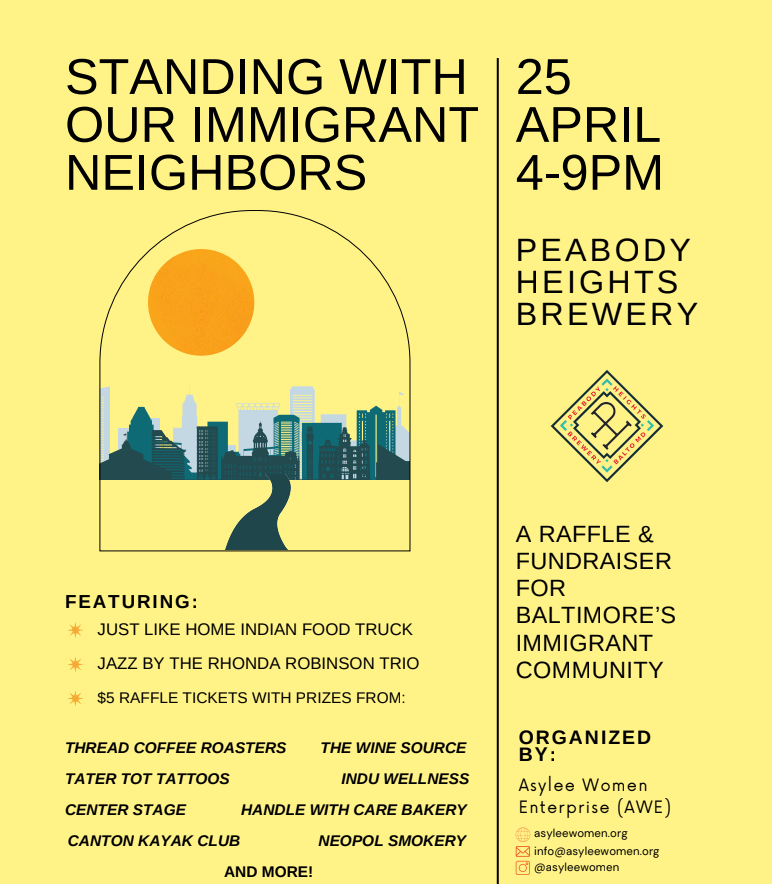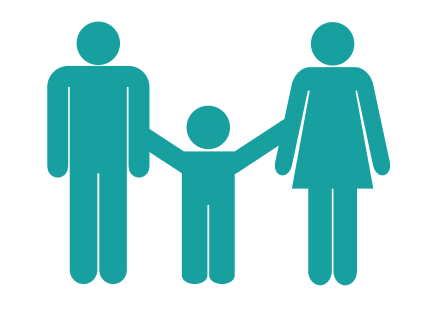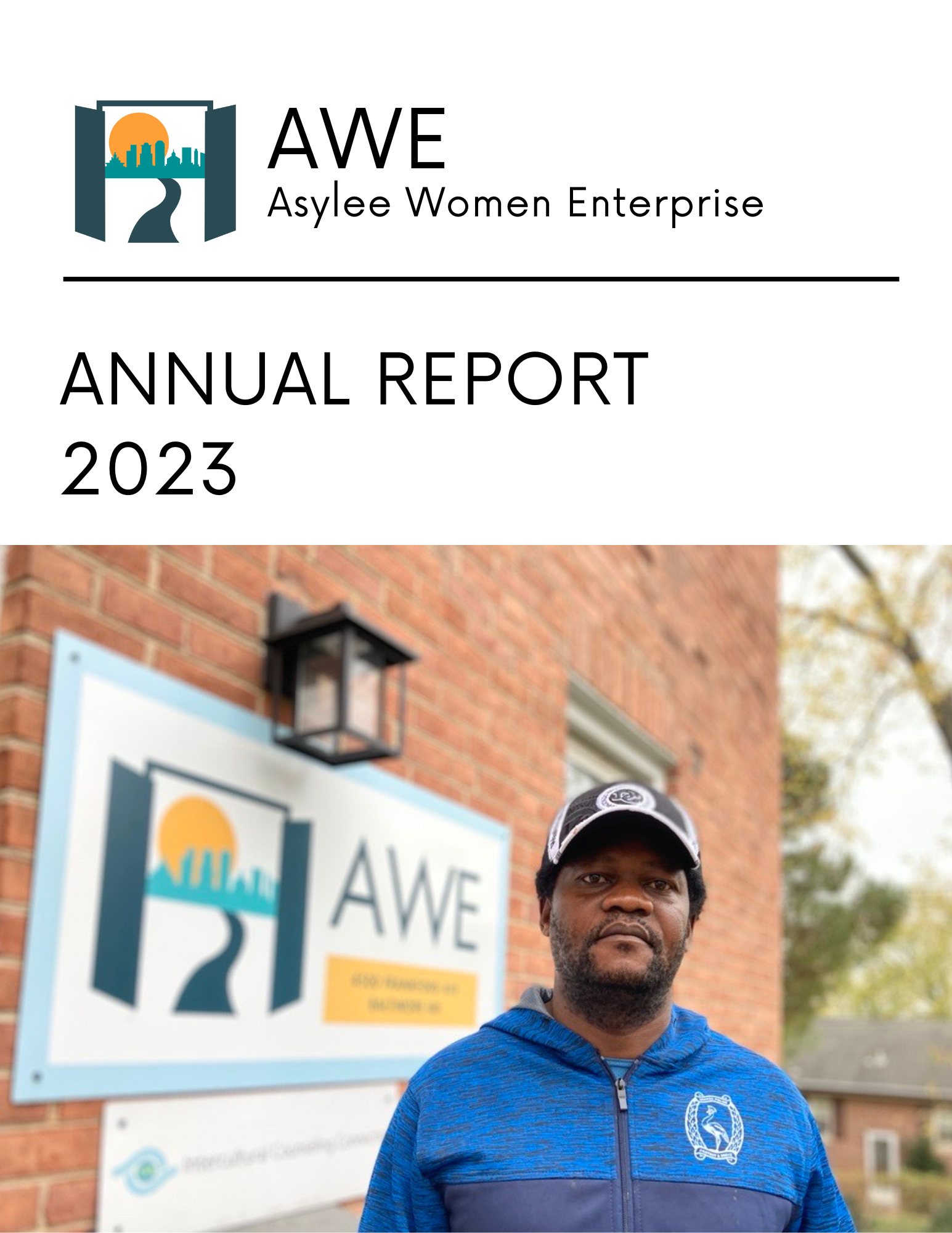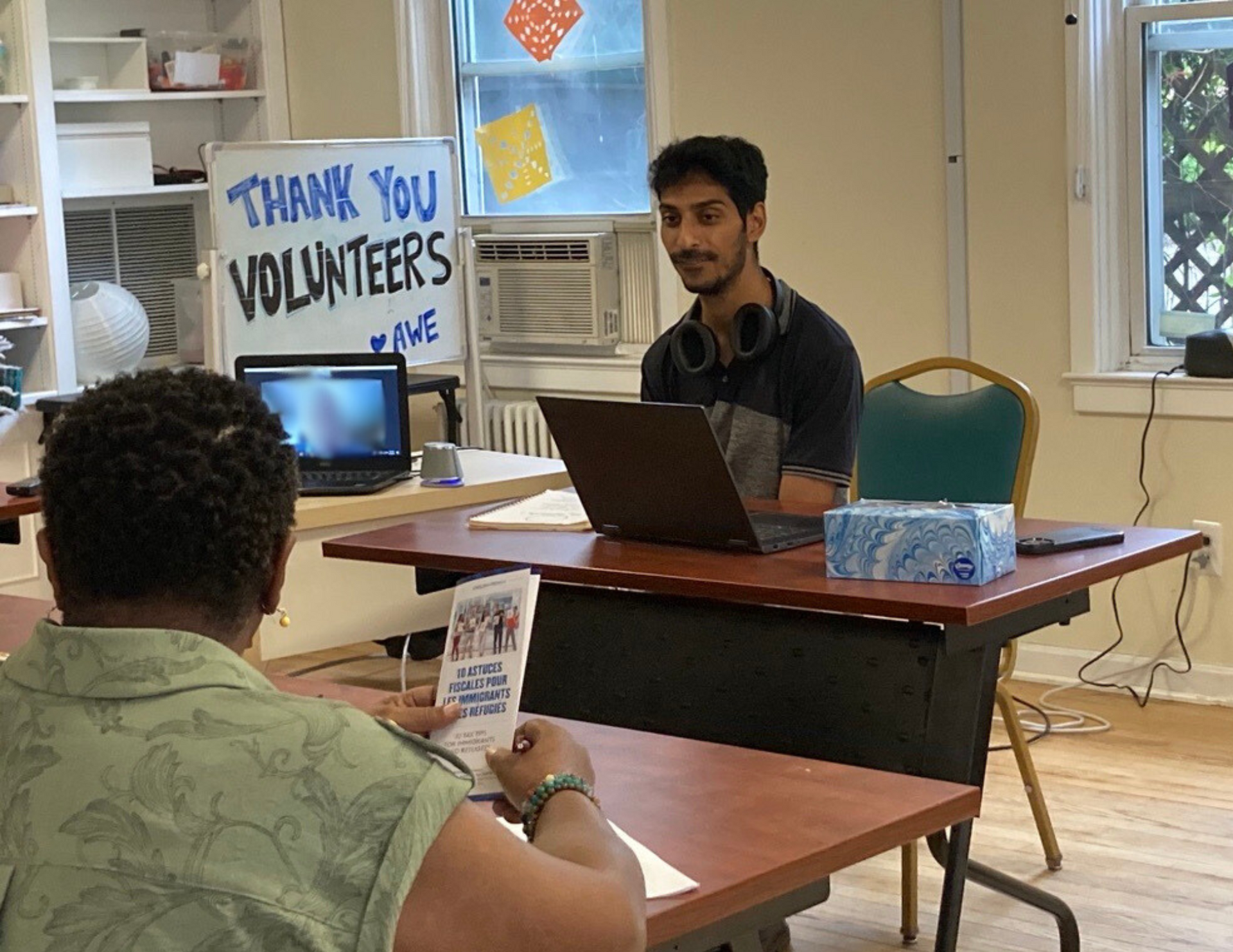
Do you remember when you learned about credit scores? What about interest rates or the difference between state and federal income taxes? Many of us reach adulthood with little to no financial education, and quite a few unanswered questions. While everyone’s financial goals look a little different, we all want to manage our money effectively, so we can be financially stable and self-sufficient. This is difficult for many English-speaking Americans, but what if you don’t speak English, or grew up in a different economic system, or have no idea how to count American money?
Most of the asylum seekers and foreign-born trafficking survivors we serve come from countries with vastly different financial systems. Understanding and navigating the complex financial landscape in the US can be challenging, and clients often mention wanting more financial education. So last year, in response to client feedback, we decided to create a financial education program. We knew that most generic financial education curricula wouldn’t work for our clients, who usually don't have a stable income, a Social Security Number, or work authorization. But we weren’t sure how to design a program tailored to their circumstances and needs.
After a lot of brainstorming, we decided to partner with the Johns Hopkins’ Source Service Scholars Program (SOURCE). SOURCE pairs Hopkins graduate students with community-based organizations like AWE to complete a yearlong project. We sent SOURCE a detailed description of the program we wanted to create: a research-backed financial education course for asylum seekers and foreign-born trafficking survivors that understood their unique financial needs and constraints. A few months later, SOURCE paired us with Shuait.
Shuait Nair is a second-year medical student at Johns Hopkins University (JHU). Prior to medical school, he studied international affairs at Georgetown University and he has a special interest in the intersections of forced migration and healthcare. When he saw AWE’s financial education project proposal, he was excited by the opportunity to work directly alongside asylum seekers and forced migrants to create a curriculum driven by their feedback and input.
Shuait began working with AWE last fall, bringing an incredible enthusiasm and dedication to the project from the start. First, he hosted a focus group with clients to hear their questions and concerns about financial management in the US. Next, he spent a few months researching financial education best practices and adapting them to the needs our clients had identified. Then he designed a seven-part curriculum with lessons on key topics like budgeting, banks accounts, avoiding scams, and applying for an Individual Tax Identification Number (which is often used as an alternative to a Social Security Number for noncitizens). Finally, he recruited client volunteers to help lead classes and trained them in the curriculum.
Shuait’s classes are led by the clients as much as the curriculum. He begins each class by asking clients to share their experiences managing their finances in their home countries, so that everyone can learn from each other. “The [curriculum] provides a nice framework, but ultimately, the lessons are driven by client questions,” Shuait says. “The conversations are very fluid and whenever somebody has an experience they'd like to share or an answer to a question, whether it be myself, the volunteers, or clients, we just chime in and share our two cents!”
Providing financial education to asylum seekers and trafficking survivors is complicated by the enormous and ubiquitous uncertainty they face. Their immigration statuses vary, and it's difficult to find information about who has what rights and responsibilities at what point in their immigration process. The biggest challenge, according to Shuait, is the disparity between the general knowledge his curriculum teaches and the specifics of what each student needs at the moment. “What I have come to realize is that financial progress in the United States is a very stepwise process,” says Shuait. “You can't move on to the next step without having completed everything before that. For example, to receive a credit card and build credit, clients must have a bank account. To have a bank account, clients must have a social security number or an individual tax identification number [ITIN]. If clients do not yet have a social security number or an ITIN, they can file for an ITIN, but that process requires clients to have detailed identification forms, such as a passport. So, if a client does not have access to their passport, they can be stuck in a situation where making strides in financial progress is challenging.”
Despite these complexities, client feedback about Shuait’s classes is overwhelmingly positive. Clients report that the classes help them make sense of the complicated financial systems in the US and provide them with valuable financial tools and resources as they begin to rebuild their lives in Maryland.
Share this post
All News and Events
